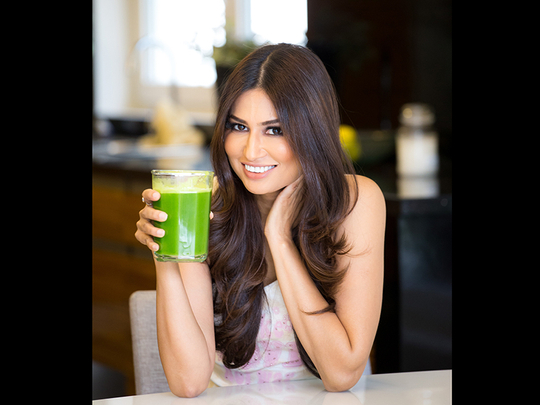
When boffins embrace hipster trends, it’s time to sit up and take note. You may be taking the Metro to work or buying carbon offsets on those long-haul business trips, but if you truly want to save the planet and halt climate change, you’ll need to give up eating meat. Or at the very least, eat it only once a week.
A study published by scientists from 10 different countries in the journal Nature last week called for a worldwide shift towards more plant-based diets if we are to be able to feed the estimated 10 billion people we’ll be sharing space with here on earth in 2050. That means increasing food production by 50 per cent, according to the United Nations, or reducing beef consumption by 90 per cent. Cows are among the largest contributors of global warming, with a single cow producing about three tonnes of carbon dioxide a year. In total, livestock farming contributes 18 per cent of all greenhouse gas emissions.
Which is where the flexitarian diet comes in. “Just switching to more plant-based flexitarian diets can halve greenhouse gas emissions from agricultural production,” says Johan Rockström, Director Designate of the Potsdam Institute for Climate Impact
Research, one of the authors of the Nature study. “All measures combined can result in keeping healthy both planet and people.”
That provides a superior-sounding ideological impetus, but what does going flexitarian mean? It’s the portmanteau combination word used to describe a flexible vegetarian approach to eating, which means eating mainly plant-based foods but not cutting out meat altogether. An estimated 22 million Britons — one fourth of that country’s population — currently identify as flexitarians. Although figures for the UAE are unavailable, plant-forward foods are certainly trending and supermarkets across the country have now ramped up their vegan and vegetarian offerings of ready meals and convenience foods, and several restaurants now offer vegan menus.
The diet appears to embrace the health benefits of vegetarianism without major sacrifices. “As we all know by now plant-based diets have multiple benefits,” says Uma Ghosh (pictured right), a Dubai-based nutritionist, holistic health coach and presenter (www.theumashow.com). “By eating more plants and less meat, you will not only lose weight but can improve your overall health, lowering the rate of heart disease, diabetes and cancer, and live longer as a result.”
Ghosh says these health benefits are a direct result of adding plant-based foods to your diet. “Flexitarians limit high-calorie, processed foods and eat more plant foods that are naturally lower in calories. It keeps you nourished as it’s more nutrient dense, improves heart health and keeps you more energetic as plant-based diets are easy to digest.”
Ghosh says it’s easier to adopt a plant-based diet than you might think. “There are a lot of vegetarian options in Middle Eastern food, for instance. I personally love the salads and mezes. By cutting down on meats and adding more vegetables, greens, lentils, legumes and grains, you can easily adapt to flexitarian diet,” she says. She recommends embracing the spice blends associated with Middle Eastern food, such as za’atar. “These spices go very well with vegetarian food and make it flavourful.”
A prime concern with adopting principally vegetarian diets is their perceived lack of protein — something Ghosh dismisses. “The most common myth is that vegetarians or vegans don’t get enough proteins but you don’t need as much protein as most people think, and it’s easy to get what you do need from beans, nuts, seeds, grains, soy, and even greens,” she says.
There are cons, however, cautions Ghosh. Like all diets, it has the potential to be restrictive. “This depends on why you’re eating less meat and on your relationship with food. You may feel deprived, since if your body is used to certain kind of food for a long time, you don’t feel satiated by newly added food, and that could have you reaching for unhealthy processed food to feel more satiated. It’s important to eat mostly fruits, vegetables, legumes, whole grains and other minimally processed whole foods in order to reap the health benefits of plant-based eating.”
Also worth monitoring are deficiencies in B12 and iron, energy-essential nutrients principally found in meat and fish.
But perhaps the most compelling argument comes from Dawn Jackson Blatner, author of the original book on the subject, The Flexitarian Diet. “This is not a diet that will have you calculating every morsel, gram, or crumb that touches your lips,” she writes. “Let this diet be about what foods you add to your current routine, not what you will cut, reduce, eliminate, abolish, or omit! The goal is to eat more plants.”











